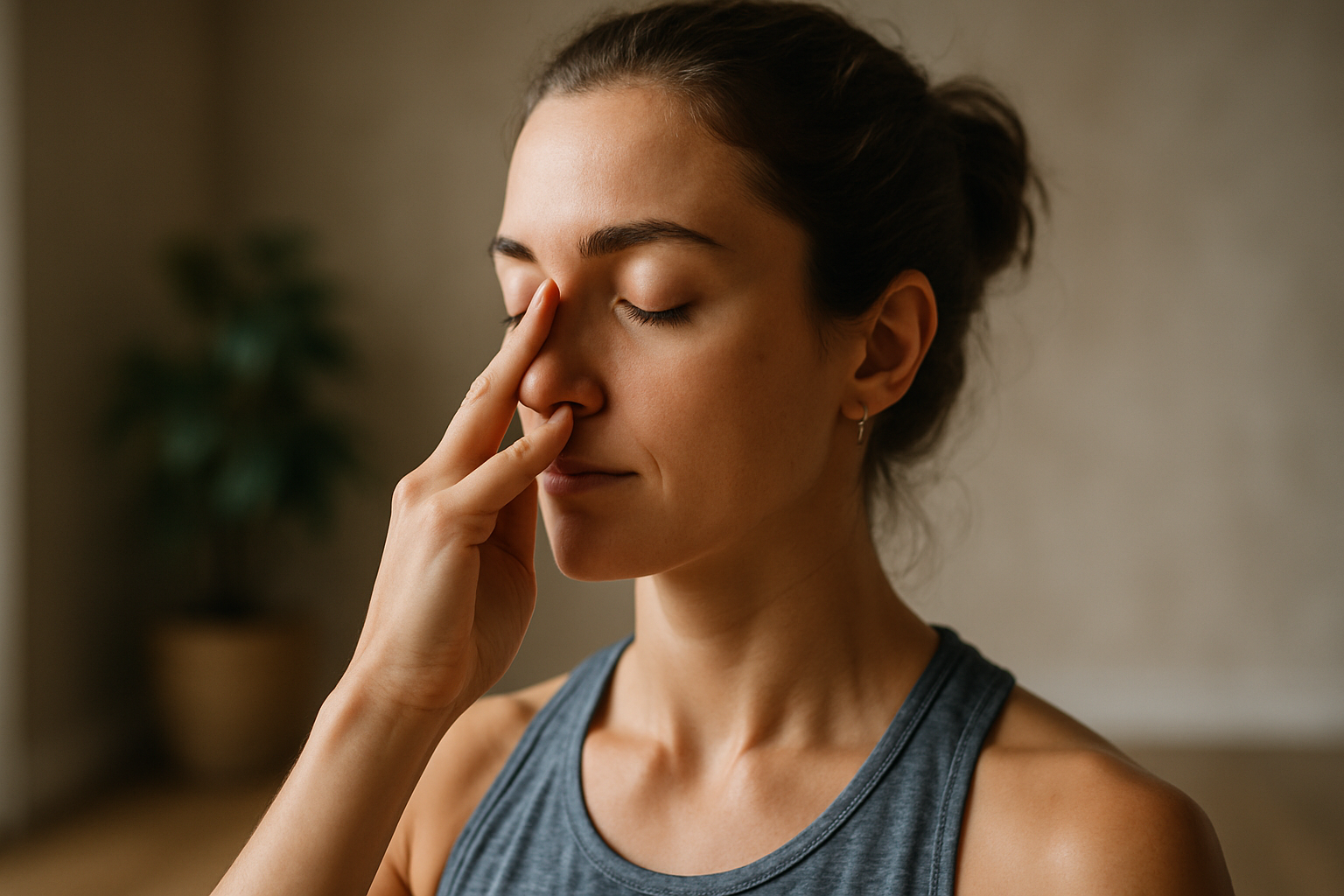A Practical Guide to Stress Reduction Techniques for Everyday Life
Modern life is filled with stress triggers that can affect our physical health, mental wellbeing, and overall quality of life. Whether it's work deadlines, family responsibilities, financial concerns, or global events, stress has become a common experience for many people. The good news is that effective stress management techniques exist and can be integrated into your daily routine without significant disruption. This practical guide explores evidence-based strategies to help you identify stress sources and implement reliable techniques for both immediate relief and long-term resilience.

Understanding Stress and Its Impact
Stress is the body’s natural response to perceived threats or demands, triggering the “fight-or-flight” response that releases hormones like cortisol and adrenaline. While short-term stress can be motivating and even beneficial in certain situations, chronic stress takes a serious toll on physical and mental health. Research shows prolonged stress contributes to headaches, muscle tension, sleep disturbances, digestive issues, and compromised immune function. Psychologically, it can manifest as anxiety, irritability, lack of focus, and depression.
Understanding your personal stress triggers is an essential first step in managing stress effectively. Common sources include work pressure, relationship difficulties, financial concerns, major life changes, and health issues. By identifying these triggers through mindful self-observation or journaling, you can develop targeted strategies that address your specific stressors rather than applying generic solutions.
Breathing Exercises for Quick Relaxation
Breathing techniques are among the most accessible and immediate stress reduction tools available. Deep breathing activates the parasympathetic nervous system, counteracting the stress response and inducing a state of calm. The 4-7-8 breathing technique is particularly effective: inhale quietly through your nose for 4 seconds, hold your breath for 7 seconds, then exhale completely through your mouth for 8 seconds. Repeat this cycle 3-4 times whenever you feel stressed.
Box breathing, another powerful technique used by military personnel and first responders, follows a simple pattern: inhale for 4 counts, hold for 4 counts, exhale for 4 counts, and hold for 4 counts before beginning again. This creates a rhythmic breathing pattern that helps regulate the autonomic nervous system. For maximum benefit, practice these breathing exercises daily, not just during stressful moments, to build your capacity for calm during challenging situations.
Mindfulness and Meditation Practices
Mindfulness meditation has gained substantial scientific backing as an effective stress management strategy. This practice involves focusing your attention on the present moment without judgment, which helps break the cycle of rumination and worry that fuels stress. Even brief daily sessions of 5-10 minutes can yield noticeable benefits for stress reduction and mental clarity.
Body scan meditation is particularly helpful for stress-related physical tension. Starting at your toes and moving upward, focus your attention on each part of your body, noticing sensations without trying to change them. This practice helps release physical tension you might not realize you’re holding. Walking meditation combines gentle movement with mindfulness, making it ideal for those who find sitting meditation challenging. As you walk slowly and deliberately, focus on the sensations in your feet and legs, your breathing, and your surroundings, bringing your attention back whenever your mind wanders.
Healthy Eating Habits to Support Stress Relief
Your diet plays a crucial role in your body’s ability to manage stress. Certain foods can either support resilience or exacerbate stress responses. Foods rich in omega-3 fatty acids, such as salmon, walnuts, and flaxseeds, help reduce inflammation and support brain health. Complex carbohydrates like whole grains promote serotonin production, creating a calming effect. Magnesium-rich foods including leafy greens, nuts, and seeds help regulate stress hormones and improve sleep quality.
Conversely, certain dietary habits can increase stress levels. Excessive caffeine can trigger anxiety and disrupt sleep patterns. Refined sugars cause blood sugar fluctuations that affect mood and energy. Alcohol, though sometimes used to reduce stress, actually disrupts sleep architecture and depletes nutrients involved in stress management. Instead of skipping meals when stressed, focus on regular, balanced nutrition that includes protein, healthy fats, and complex carbohydrates to maintain stable blood sugar and energy levels throughout the day.
Physical Activity for Stress Management
Regular exercise is one of the most effective stress reduction techniques available. Physical activity reduces levels of stress hormones like cortisol while stimulating production of endorphins, the body’s natural mood elevators. Even modest activity like a 20-minute walk can provide immediate stress relief. Research shows that consistent exercise helps build resilience against future stress by improving sleep quality, boosting confidence, and providing healthy coping mechanisms.
The most effective exercise routine for stress management is one that you enjoy enough to maintain consistently. This might include walking, swimming, cycling, strength training, yoga, or dancing. The key is finding movement that feels good to you rather than becoming another source of pressure or obligation. Aim for at least 150 minutes of moderate activity weekly, but remember that even short movement breaks throughout your day can help manage stress levels.
When to Seek Professional Help
While self-help techniques are valuable tools for everyday stress management, certain situations warrant professional support. Signs that stress may require professional intervention include persistent feelings of overwhelm, difficulty functioning in daily life, using unhealthy coping mechanisms like substance abuse, experiencing panic attacks, or having thoughts of self-harm. Chronic stress that doesn’t respond to self-management techniques might indicate an underlying anxiety disorder or depression that requires specialized treatment.
Mental health professionals can offer evidence-based approaches such as cognitive-behavioral therapy, which helps identify and change thought patterns that contribute to stress. They may also recommend medication in some cases, particularly when stress is accompanied by significant anxiety or depression. Employee assistance programs, community mental health centers, and telehealth options make professional support more accessible than ever. Remember that seeking help is a sign of strength, not weakness, and early intervention often leads to better outcomes.
This article is for informational purposes only and should not be considered medical advice. Please consult a qualified healthcare professional for personalized guidance and treatment.




